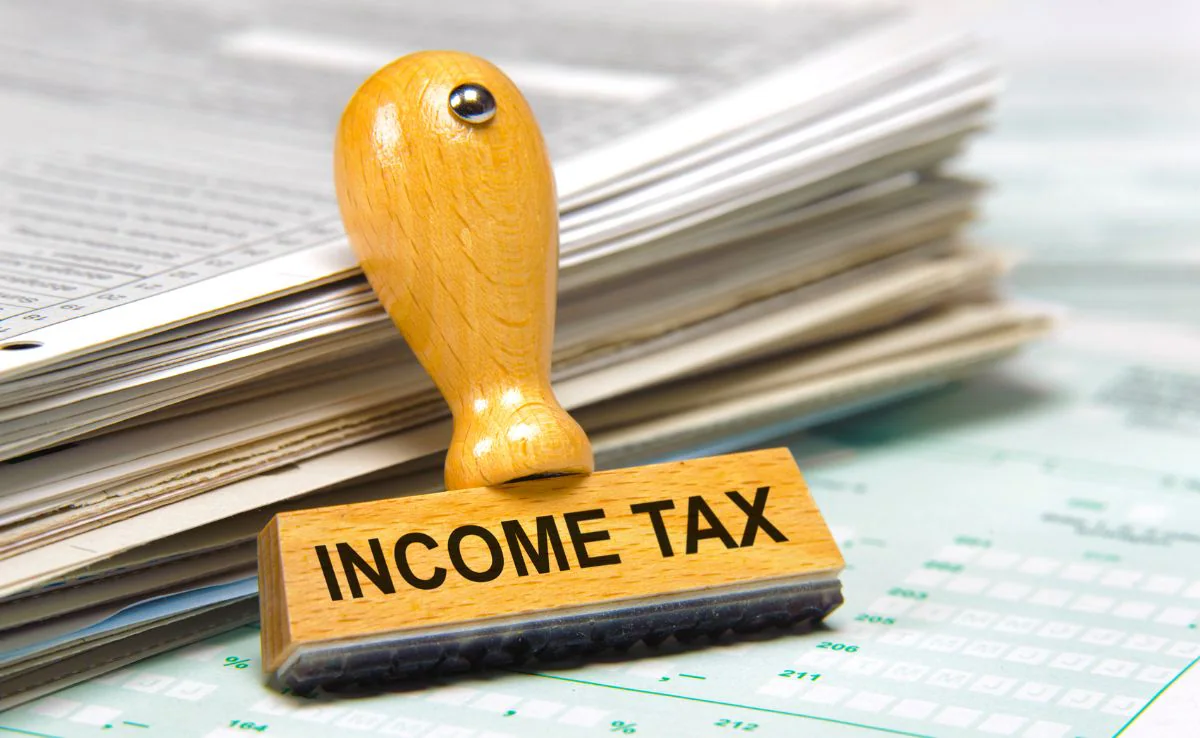In 2025, as the nonprofit sector continues to grow in India, compliance and credibility remain top priorities for NGOs. One crucial aspect of this is 80G registration—a valuable certification under the income tax act that not only boosts donor confidence but also provides significant tax benefits. Whether you're a newly formed NGO or a long-standing charitable trust, understanding and obtaining 80G registration can greatly impact your fundraising efforts and overall sustainability.
What is 80G registration?
80G registration refers to the certification granted by the Income Tax Department under Section 80G of the Income Tax Act, 1961. It allows donors to claim tax deductions on the donations they make to registered NGOs. Specifically, individuals and organisations that donate to NGOs with valid 80G registration can deduct 50% or even 100% of the donated amount from their taxable income, depending on the nature of the NGO and its projects.
This tax benefit makes NGOs with 80G registration more attractive to potential donors, especially in an environment where corporate social responsibility (CSR) and tax planning are key financial considerations.
Why Your NGO Needs 80G Registration in 2025
With evolving government regulations and increasing donor awareness, NGOs need to demonstrate transparency and compliance more than ever. Here's why 80G registration is a must-have in 2025:
-
Builds Credibility
In today’s digitally connected world, donors perform thorough due diligence before contributing. 80G registration serves as a government-backed validation of your NGO’s legitimacy and ethical practices. It signals that your organisation is transparent, accountable, and aligned with regulatory standards. -
Encourages More Donations
When you offer tax benefits, donors are more likely to contribute and contribute more. By showcasing your 80G registration on your website, brochures, and fundraising campaigns, you give potential donors a compelling financial reason to support your cause. -
Essential for CSR Funding
Many companies require 80G registration before they consider an NGO for CSR partnerships. Since CSR obligations are mandatory for certain companies in India, having 80G registration puts your NGO in a favorable position to receive corporate donations. -
Supports Long-term Growth
Beyond immediate financial gains, 80G registration helps NGOs establish long-term donor relationships. Tax-exempt giving creates a recurring donor base, ensuring financial stability and enabling sustained social impact.
How to Obtain 80G Registration in 2025
To apply for 80G registration in 2025, NGOs must:
-
Be duly registered under the Societies Registration Act, Trust Act, or as a Section 8 Company.
-
Not have any income that is not exempt under Section 11 (e.g., business income that is not related to the charitable activities).
-
Maintain proper books of accounts.
-
Apply online through the Income Tax Department’s e-filing portal using Form 10A.
After submission, the application is reviewed, and if all conditions are met, 80G registration is granted, typically for a period of five years.
Final Thoughts
In conclusion, 80G registration is not just a legal formality—it’s a strategic tool that empowers NGOs to raise funds efficiently and build trust with donors. In 2025, with increasing competition for funding and greater scrutiny from stakeholders, having 80G registration can be the difference between a struggling NGO and a thriving one. If your organisation hasn’t already applied, now is the perfect time to get started and unlock the full potential of your fundraising efforts.


